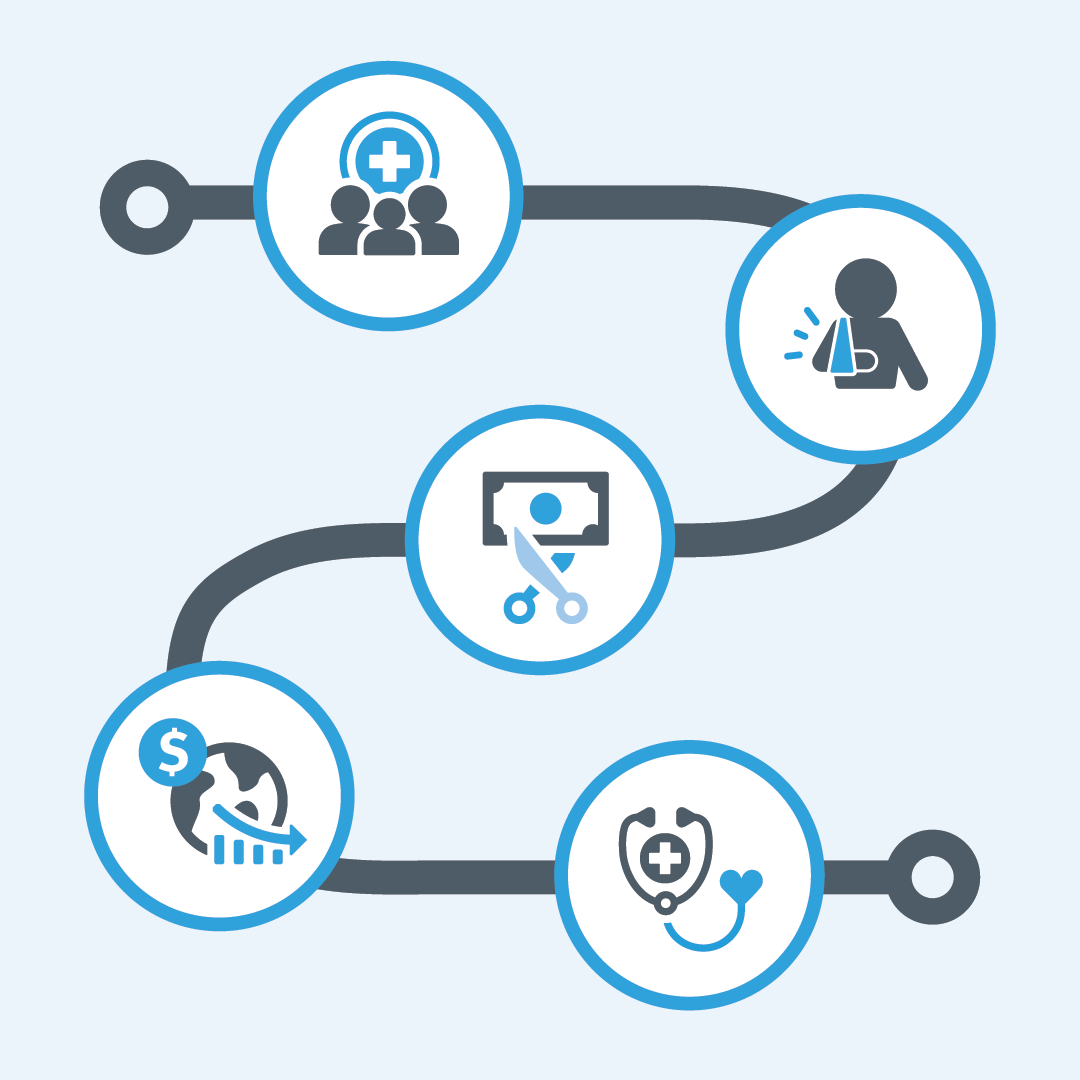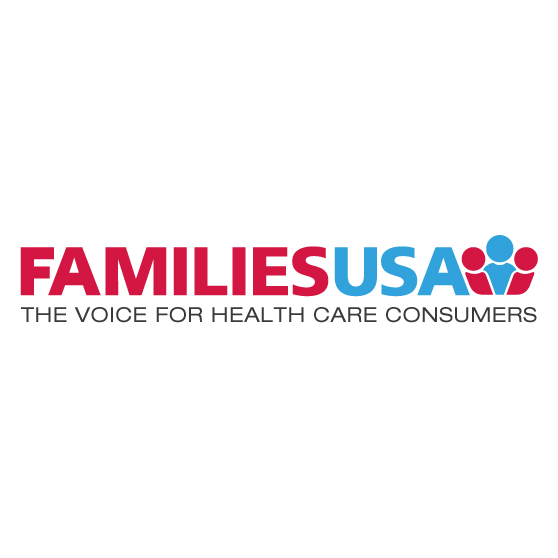
Advocates Should Comment on Radical Maine and Utah Medicaid Waiver Proposals
09.11.2017
A growing number of states are using the waiver process to make fundamental changes to the Medicaid program. Many of these waivers set a dangerous precedent for the Medicaid program and affect the entire country. Other states will follow along, adding features to their Medicaid programs that hurt the ability of people with low incomes to get the care they need.
We are facing an extraordinary volume of potentially harmful Medicaid waivers that are under review at the Centers for Medicare and Medicaid Services (CMS). While comment periods seemingly just closed for a slew of states (Arkansas, Indiana, Kentucky, Wisconsin, Iowa), two radical Section 1115 adult coverage waivers have now opened for federal comments: Maine and Utah.
In the past, many of these waivers have been confined to the adult Medicaid expansion populations for states that sought “alternative” expansion. However, we are now seeing them stretch into non-expansion adult populations—that is, deeper and deeper into the Medicaid program itself.
It is imperative that advocates, consumers, and others interested in Medicaid in those states, or in the Medicaid program more broadly, submit comments to register their concern and opposition to these harmful changes.
Harmful features in recent waivers include work requirements and premiums
Maine, a state that hasn’t expanded Medicaid, is requesting major, very troubling changes to its Medicaid program’s adult coverage, including adding a work requirement that makes program eligibility contingent on being employed, premiums, and an asset test. These punitive elements will make it harder for currently-eligible Mainers to get and keep Medicaid coverage and impede access to care. The comment period closes September 16th.
Utah also hasn’t expanded Medicaid, making its waiver all the more damaging as it reaches into an already existing category of Medicaid-eligible adults. Its request is an amendment to its Primary Care Network Demonstration Waiver. The PCN waiver itself is also up for renewal. The PCN program has offered a limited outpatient benefit for some poor adults for a number of years. Utah is asking for some far-reaching changes to the PCN program, including a work requirement and lifetime limits on eligibility for certain residents enrolled in the program.
If approved, these requests might encourage other states to seek similar features in their waivers. The request is open for federal comments until September 30th.
These add to a growing list of states submitting Medicaid waivers that contain harmful proposals: work requirements requested by Arkansas, Kentucky Arizona, Indiana and Wisconsin; drug testing as a condition of eligibility requested by Wisconsin.
These are troubling trends.
States may be exceeding the limits of the Section 1115 waivers in their requests
While proponents hope to use these waivers to make major changes to their Medicaid programs, there are limits on the authority of the HHS secretary, who oversees the approval or rejection of the waivers. Section 1115 was never intended to allow the secretary of HHS to skirt the legislative process to fundamentally alter Medicaid across the country.
The law gives the secretary authority to waive requirements of one section of the Medicaid statute to create “demonstrations” that promote the objective of the Medicaid program—not create new requirements or change the basic operations of the program itself–which is what more and more states are asking the secretary to do.
Health advocates and others must submit comments to put the brakes on harmful waivers
It is critical that advocates and others act to stop these harmful waivers by submitting comments to CMS on Maine, Utah, and the additional waivers sure to come. As more states are asking for program elements that make foundational changes to the nature of the Medicaid program, it is important for the public to register its concerns. Comments can make a difference in what gets approved, and how.
They also create an administrative record that can be used if any waivers are legally challenged.
Families USA has a new State Waiver Resource and Tracking Center to help advocates and others draft comments. It includes links to Families USA’s prior comments, and suggested arguments related to the waiver requests we are starting to see more and more often. We worked hard to get notice and comment requirements for 1115 waivers incorporated into the ACA. It’s time to make sure we use them.
Related Links:
- Submit Comments on Maine
- Submit Comments on Utah
- Section 1115 Waivers: Limits and Overreach
- Families USA State Waiver Resource and Tracking Center




